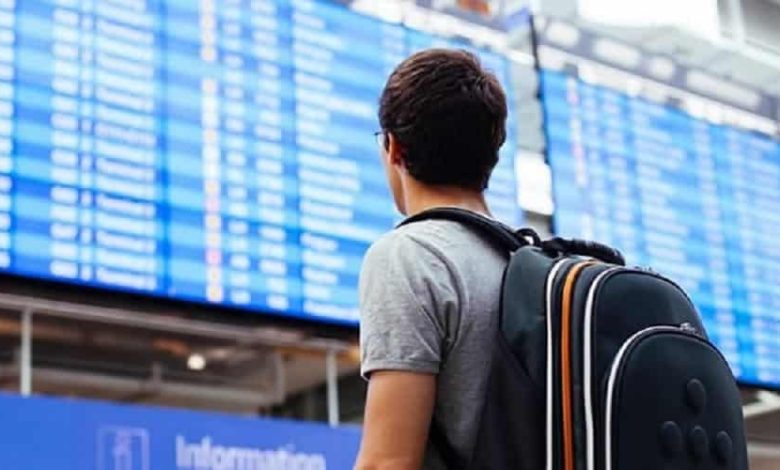The Myth of Iran’s Inflation Control: Raisi’s Falsehoods Unveiled

Written by
Mansoureh Galestan
Irans-brain-drain-The-impact-of-poverty-and-inflation–min
Since assuming office in 2021, the regime’s president, Ebrahim Raisi, has made numerous bogus claims. But his lies and empty promises about controlling inflation are far more ridiculous.
Almost two years after his appointment as the regime’s president, Raisi’s devastating policies and mismanagement have exacerbated Iran’s financial calamity, with inflation hovering above 50% and prices of consumer goods continuing to skyrocket.
What has been Raisi’s reaction? Making hollow promises! Here is a list of his lies since 2021:
“I see the control of inflation in sight,” August 5, 2021.
“We are endeavoring to control inflation,” July 15, 2022.
“Controlling inflation is the government’s permanent goal,” July 27, 2022.
“We will certainly control inflation,” February 18, 2023.
“We will realize inflation control by increasing production,” April 27, 2023.
“The government is zealously seeking to control inflation,” May 6, 2023.
Yet, since his appointment in 2021, Raisi has miserably failed to “control inflation.” Even the engineered statistics by Iran’s state media and institutions indicate rampant inflation and unprecedentedly high prices. For example, from March 2022 to May 2023, the prices of red meat, cooking oil, sugar, and dairy products increased by 34, 32, 27, and 26 percent, respectively.
“These days everyone speaks of high inflation caused by the government’s budget deficit,” wrote the state-run Eskenas newspaper on May 1. As a result of Raisi’s devastating economic policies, housing prices are also soaring.https://t.co/SDSAnXXpDw
— NCRI-FAC (@iran_policy) May 5, 2023
According to the regime’s own statistics, average point-to-point inflation of food items hovers between 70 and 100 percent, and the constantly rising prices of housing and public services are very devastating for people. Thus, the state media and regime officials mock Raisi’s bogus claims of controlling inflation. “Raisi’s government and the myth of controlling inflation,” wrote the state-run Tejarat News in November 2021.
“Before assuming office, you promised to realize single-digit inflation. A year and a half later, you still make promises? Don’t you think it’s a bit late?” Abdolnasser Hemmati, the former Central Bank Chief known for his corruption, mocked Raisi in a tweet on March 28.
“How is it that the government’s cabinet session coincided with the 70% rise in vehicle prices and the 76% surge in medications’ prices? What do you think about the increasing prices of food?” the state-run Jomhuri-e Eslami newspaper wrote on April 8.
The burden of Iran’s inflation crisis is on the Iranian people’s shoulders. The prices of special medications, public transport, and milk have increased by 67, 40, and 25 percent, respectively.
Instead of resolving problems, Raisi has tried to censor the already-engineered statistics of the country’s financial crunch.
“Unlike previous years, Iran’s Statistic Center has not published inflation rate for the last two months,” the state-run Donyay-e Eghtesad website wrote on May 2, calling out the government’s “collective censorship of data.”
“This collective censorship is not limited to the inflation rate, and we can see how statistics regarding the country’s mining, housing, and business have been censored. Seemingly, authorities are not interested in publishing statistics, as doing so would debunk their promises and claims,” the outlet added.
Besides, millions of Iranians are covered by the country’s Social Security Organization (Shasta), which is bankrupt. https://t.co/tDV5z3Kyl0
— NCRI-FAC (@iran_policy) July 20, 2022
While Iranians are desperate to make a living in one of the world’s richest nations, new cases of corruption in the regime come to the surface daily. In recent days, the news of the impeachment of Raisi’s Minister of Industry, Mining, and Business and how his ministry donated SUVs to MPs to hide a level of corruption in the regime have made headlines. Besides, the government’s bankruptcy is revealed in its failure to repay its debts to the country’s Social Security Organization (SHASTA).
“The government always settles some of its debts to SHASTA by giving it shares of bankrupt companies. This not only doesn’t help solve the SHASTA’s financial crisis, but these bankrupted companies cause more consumption of the resources of the Social Security Organization,” the state-run Sharq newspaper wrote on May 10.
The government’s absolute economic bankruptcy is a detriment for the regime’s supreme leader, Ali Khamenei, who opted to “consolidate power” in his regime by appointing Raisi as president and handpicking MPs. The so-called consolidation was Khamenei’s strategy to counter future uprisings, not to resolve economic problems. Yet, Raisi’s ineptitude in addressing the most basic crises has fueled popular protests and hatred toward the regime. The latter, coupled with the current nationwide uprising, only increases the possibility of the system’s rapid collapse.

